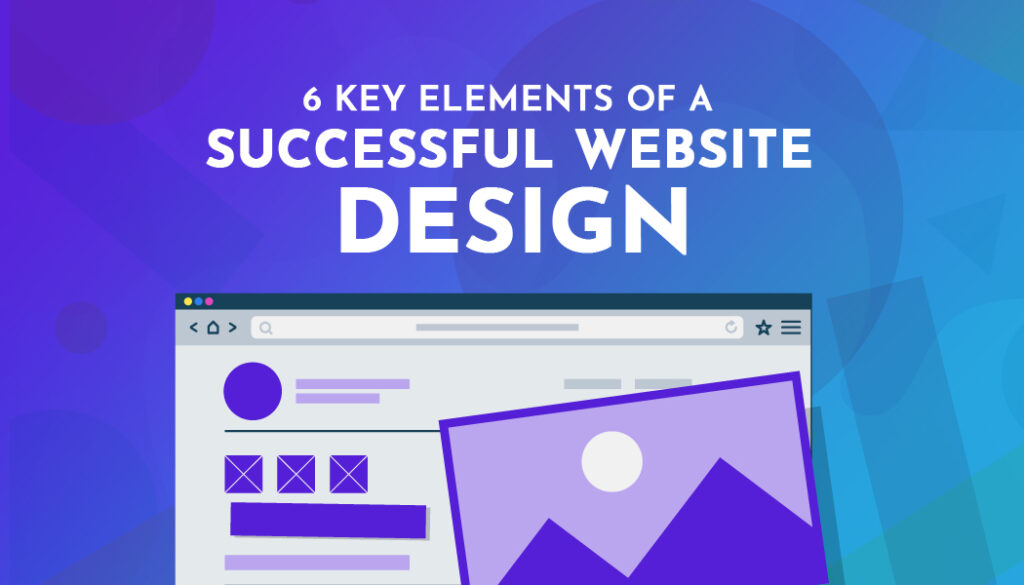Essential Elements for a Successful Website Design.
- at 3:34 pm
- novembre 9, 2023

In the ever-expanding digital sphere, the design of your website is the first impression you make on visitors. Crafting a successful website involves more than just aesthetic appeal; it requires a strategic blend of functionality, user experience, and visual appeal. Explore the essential elements that contribute to a successful website design and set the stage for a positive and impactful online presence.
1. Clear and Intuitive Navigation
Navigating your website should be a seamless experience for users. Implement an intuitive navigation menu that guides visitors through your content effortlessly. Logical organization and user-friendly menus contribute to a positive user experience.
2. Responsive Design for Accessibility
In an era dominated by various devices, your website must adapt to different screen sizes. Prioritize responsive design to ensure a consistent and accessible experience for users on desktops, tablets, and smartphones.
3. Compelling Visual Elements
Visual appeal plays a pivotal role in capturing visitors’ attention. Incorporate high-quality images, graphics, and videos that align with your brand. Balance aesthetics with functionality to create a visually engaging and purposeful design.
4. Strategic Use of Color and Typography
The choice of colors and fonts significantly influences the overall look and feel of your website. Maintain a cohesive color palette that reflects your brand identity, and choose fonts that enhance readability. Consistency in design elements fosters a professional and cohesive appearance.
5. Engaging and Relevant Content
Content is king, and a successful website design seamlessly integrates compelling and relevant content. From concise copy to captivating visuals, ensure that your content aligns with your brand messaging and provides value to your audience.
6. Effective Call-to-Action (CTA) Elements
Guide visitors toward desired actions with strategically placed and compelling CTAs. Whether it’s making a purchase, subscribing to a newsletter, or contacting your business, well-designed CTAs enhance user engagement and conversion rates.
7. Optimized Loading Speed
User patience is limited, and a slow-loading website can result in high bounce rates. Optimize images, minimize code, and leverage caching to ensure swift loading times. A fast website contributes to a positive user experience and improves search engine rankings.
8. Mobile Optimization
As mobile usage continues to rise, prioritize mobile optimization to cater to users on smartphones and tablets. Test your website’s functionality across various devices to guarantee a seamless experience for all visitors.
9. Robust Security Measures
Build trust with your audience by implementing robust security measures. Secure your website with SSL certificates, regularly update plugins and software, and conduct security audits to safeguard both user data and your online reputation.
10. User Feedback and Iterative Improvements
Encourage user feedback and incorporate it into your ongoing website improvement strategy. Regularly assess website analytics, gather user insights, and implement iterative changes to enhance overall performance.
In conclusion, a successful website design goes beyond aesthetics; it combines functionality, user experience, and a strategic approach to align with your business goals. By incorporating these essential elements into your website, you can create a compelling digital presence that resonates with your audience and drives success in the online landscape.

Optimizing Your Website for Search Engines.

Essential Elements for a Successful Website Design.
